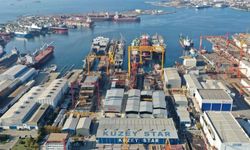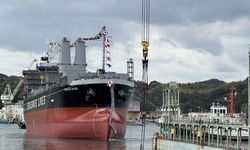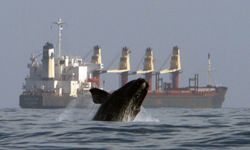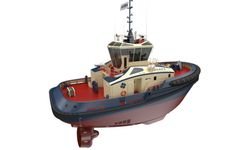Over the past 24 hours, hostilities continued as the Houthis and US naval forces engaged in further clashes. Iranian-backed militia targeted more ships, including the Marshall Island-flagged chemical tanker, Chem Ranger. The vessel, managed by Interunity Management in Greece, faced two anti-ship ballistic missile strikes overnight.
Fortunately, there were no reported injuries or damage to the ship, as confirmed by US Central Command on the social media platform X. In response to these attacks, US Navy warplanes conducted additional strikes.
Responding to inquiries in Washington DC, President Biden acknowledged that the strikes have not halted Houthi activities.
When asked if the attacks were effective, he remarked, "Well, when you say working, are they stopping the Houthis? No. Are they gonna continue? Yes."
“US forces identified the missiles in Houthi-controlled areas of Yemen at approximately 3:40 p.m. (Sanaa time) and determined they were an imminent threat to merchant vessels and US Navy ships in the region. US forces subsequently struck and destroyed the missiles in self-defense,” the statement continued.
The escalation of hostilities dates back to November when the Houthis began targeting merchant vessels, citing retaliation for Israel's military operations in Gaza.
Since then, the group has launched numerous attacks on commercial tankers navigating the Red Sea, a critical global shipping route.
In a collaborative effort, the US and UK initiated a series of air strikes on January 11 against multiple Houthi targets. This joint operation, supported by Australia, Bahrain, the Netherlands, and Canada, was prompted by the Houthi forces' disregard for an ultimatum to cease attacks in the region.






